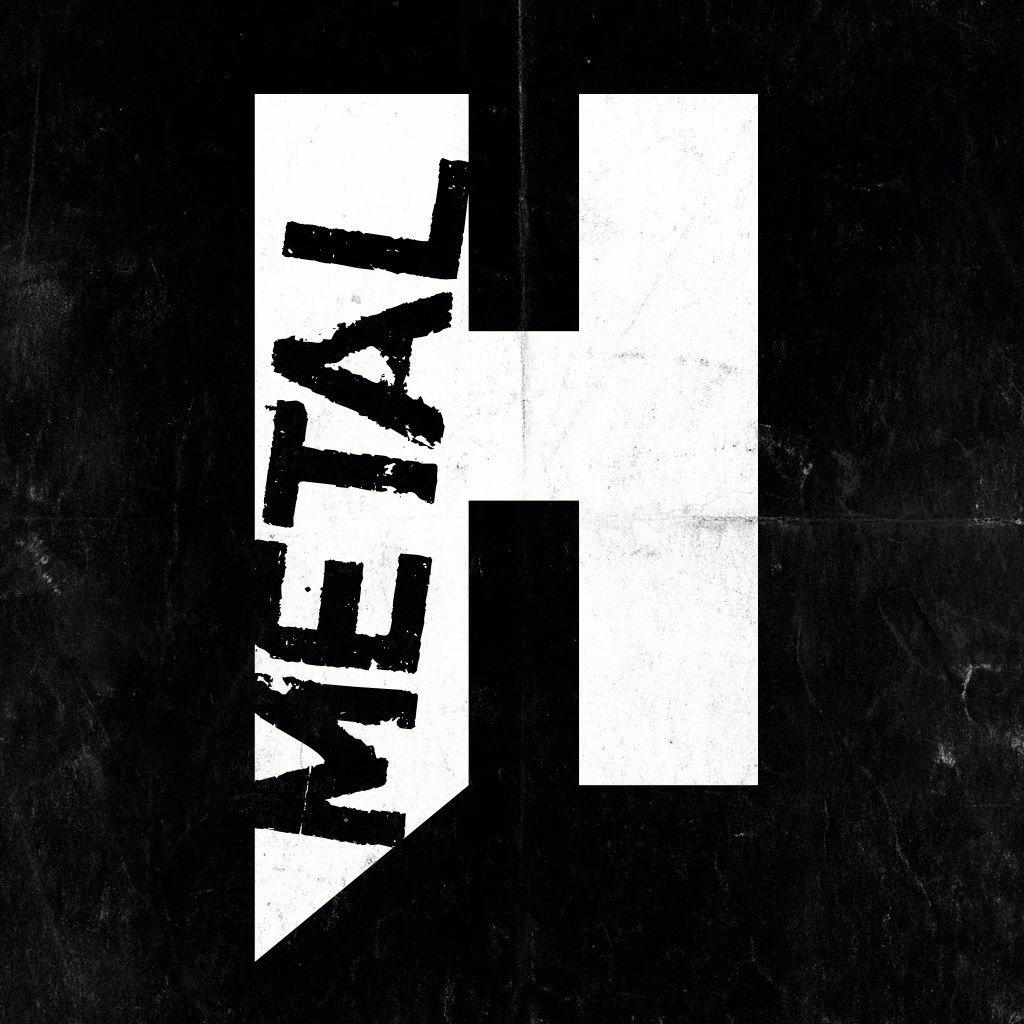From their wild beginnings in 1991 as a drug-selling, fist-fighting, hard-partying thrash band, to their current incarnation as one of metal’s most consistent powerhouses, Machine Head have always done things their own way. “When we started out, we were banned from three venues in the Bay Area,” laughs Robb Flynn. “Every time we played, we’d fight and drink and steal dudes’ girlfriends; we were a bunch of drug-dealing assholes. Some of the guys were growing really large amounts of weed. It was fun, but it was gnarly too. There were lots of strippers. I was 23 years old and full of testosterone, and this was fun. Strippers were out of their mind and always in trouble. I really wanted that for a while.”
If you’d told Robb at that point that he’d go from selling speed at Slayer shows – “Every time I went to their shows, it was like the jackpot!” – to supporting them on tour after Burn My Eyes’ release in July 1994, he wouldn’t have believed it. “It was a dream come true to open for them,” he says. He told Hammer at the time that “Slayer can be obnoxious, but we can be just as obnoxious back”, and laughs when we remind him of that quote. It turns out they actually got on quite well – and Slayer have Robb to thank for Paul Bostaph.
“I got Paul into my original band, Forbidden, and lived with him for a while, so we were friends,” says Robb. “I was the first person to play Slayer to him. He didn’t like it, because his family was very Christian and they were singing about Satan, but lo and behold he joined after they got rid of Dave Lombardo. It was a really fun tour. They had their own bartender – his name was Boner. He used to make these fucking horrible green drinks which were full of sugar and gave you an incredible hangover. They treated us really well.”
It was during that tour Machine Head had their first interview with Metal Hammer. “I remember the provocative questions designed to piss us off – and it worked,” laughs Robb. “Then the article came out and it was really good.” The following year, they graced their first Hammer cover. “We did the photoshoot in Amsterdam, in a venue that was a converted old church,” remembers Robb. “I had a friend who went to San Quentin prison where they have Charles Manson, and he sent me a shirt – the real clothing they wear in the jail – so on the cover I had a bandana on and this crazy San Quentin shirt.”

- Machine Head Quiz
- The A-Z Of Machine Head
- Thinking Out Loud: Machine Head’s Robb Flynn
- The top 10 best Machine Head songs
Fast-forward to 1999, and nu metal-influenced third album The Burning Red was polarising fans. That didn’t stop the band playing songs from its ranks on their recent An Evening With Machine Head tour, though. “I think The Burning Red has stood the test of time, because we still play those songs and people go crazy for them,” he reflects. “We play a song like From This Day now, and it’s a classic.”
The real adversity hit after the release of Supercharger in 2001, when Machine Head left Roadrunner, and Robb’s quick to point out that the popular tale of them being dropped isn’t entirely accurate. “I know that’s the story people love to tell, but we asked to be released from our contract,” he says. “We signed a crazy deal in the 90s when you had to turn over your merchandise and publishing to them, then they sold our publishing. We were pissed off, and they agreed to let us go. That was a precarious time because the labels that had been saying they’d sign us when we left Roadrunner wanted to hear demos. We ended up getting rejected by 35 labels. By the third rejection, it got kind of funny. The fans were always there; we were selling out Brixton Academy. You can’t do that if you don’t have any fans!”
He revealed the truth behind the record label fallout in one of his online journals, and has always been outspoken, a quality that led him to write cutting song Aesthetics Of Hate – a retort to a journalist who made disparaging comments about Dimebag after his murder. “It was a primal burst of anger,” says Robb today. “I think a lot of musicians want to suck up to corporations and sponsors, but that’s not what we’re about. We’ve argued about lyrics, and there’s going to be consequences. We may lose shows over it, we may get death threats over it, but do we need to say it? Yeah.”
Similarly, latest single Is There Anybody Out There, with its line, ‘Ashamed of the racists I used to call brothers’, is widely perceived to allude to Phil Anselmo’s infamous racist outburst. But Robb says there was “confusion” about what the message was. “People focused on one line about racism, but it’s not just about that,” he reveals. “I wrote it at a time when I’d been on tour for 14 months, my wife and I were basically divorcing, Ferguson and all these racial protests had happened in America, and I felt lost and alone.”
Happier times followed; Robb and his wife Genevra worked through their problems, and the band have been on a break since March, following 20 months of relentless touring. While he won’t be pressed on details of a new album, he tells Hammer that he’s set to meet guitarist Phil Demmel and drummer Dave McClain to “jam on some riffs”, and they’re thinking about doing more touring in the US. It’s this relentless work ethic, and a dogged refusal to give up, that’s earned Machine Head a spot in metal’s history.
Machine Head's Robb Flynn: "I Wasn't Allowed To Listen To Rock Music...

